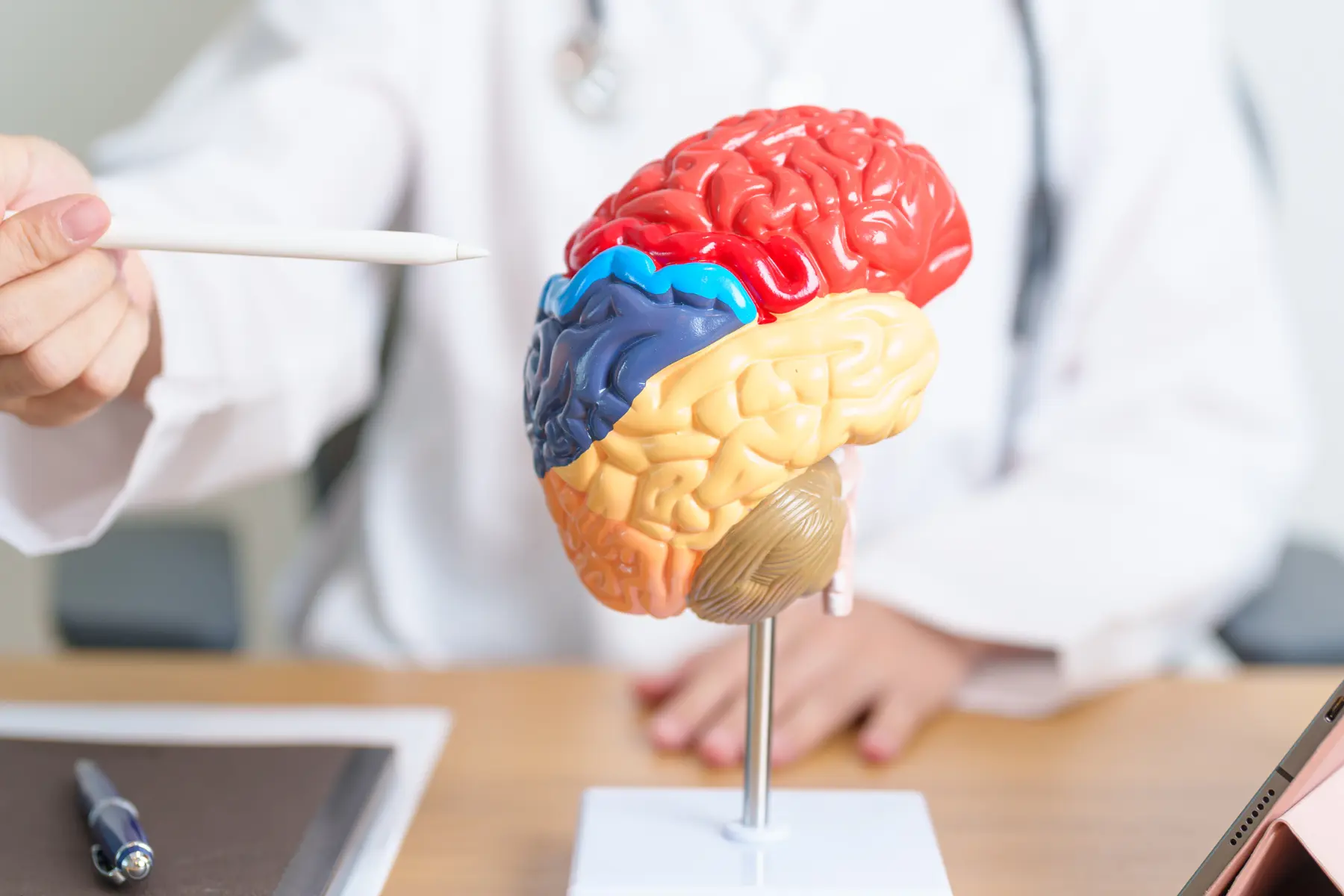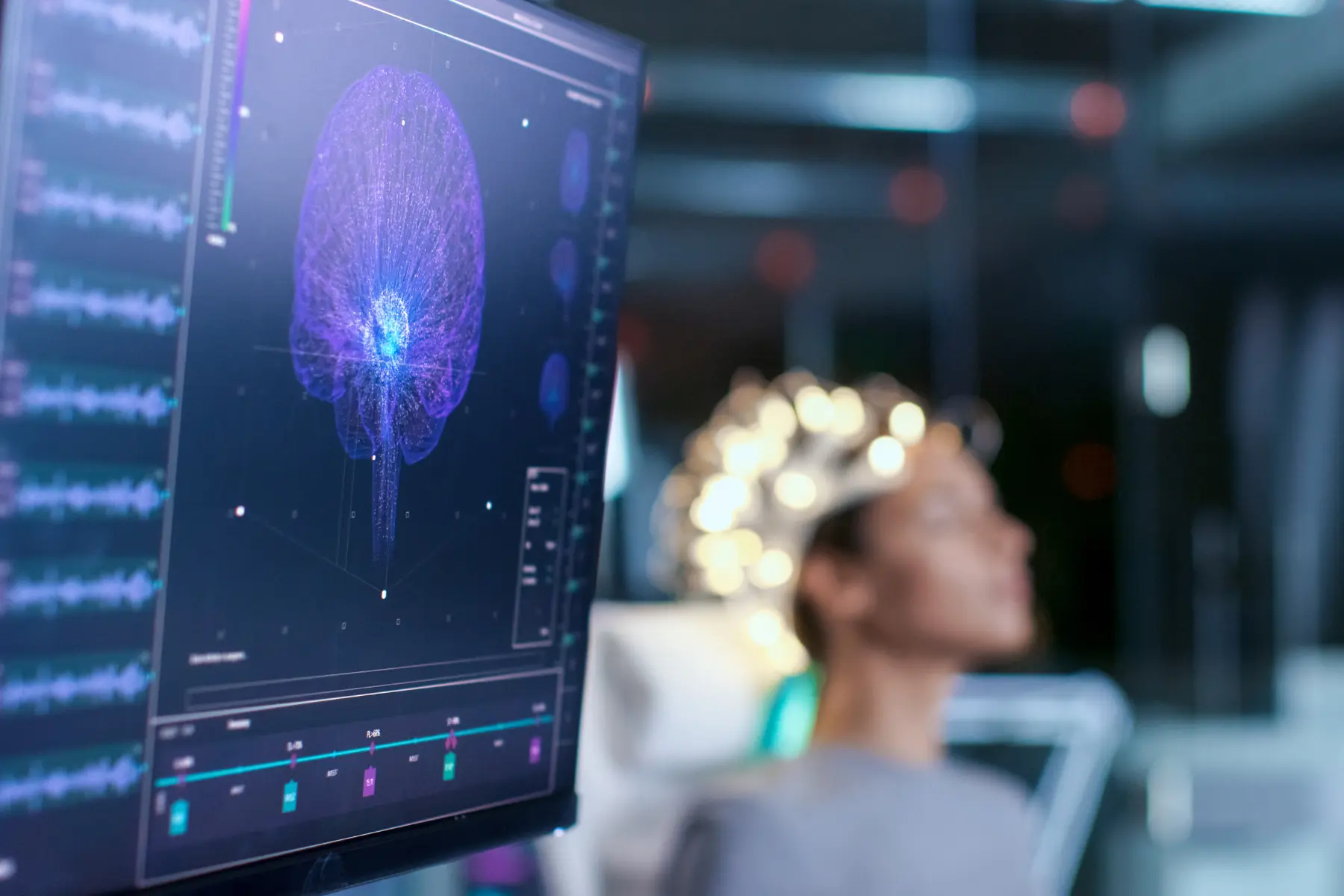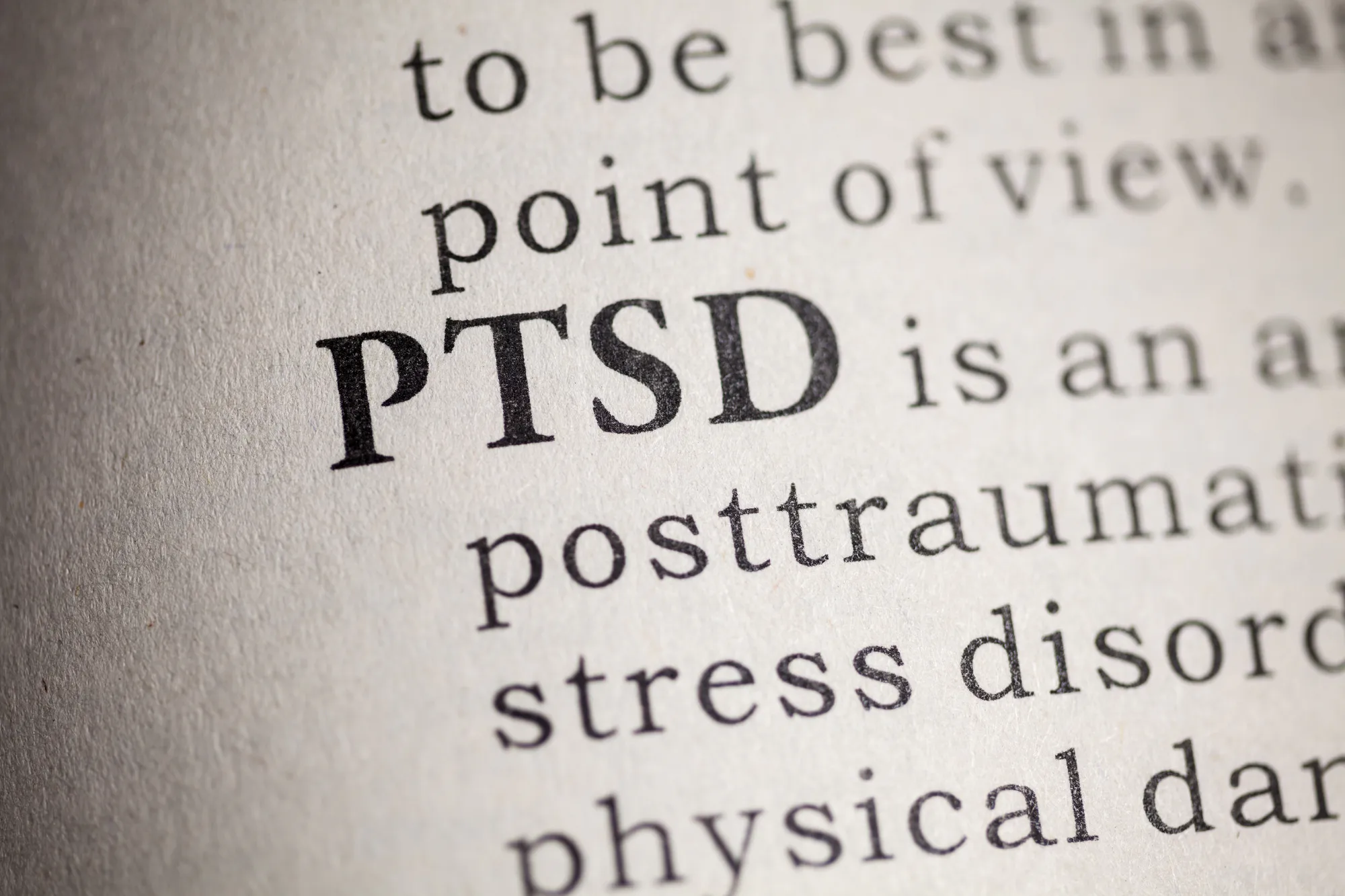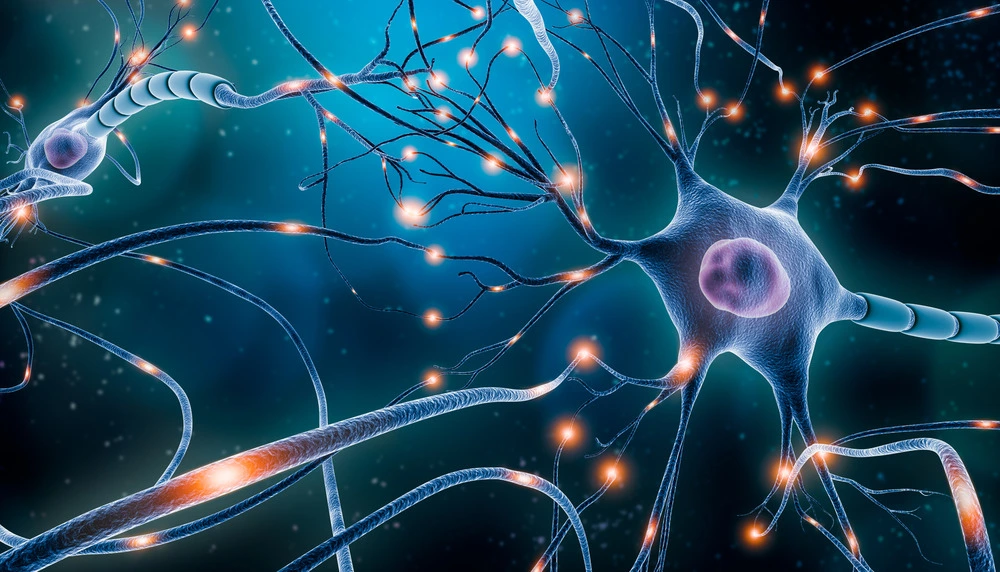Transcranial Magnetic Stimulation (TMS) is a non-invasive method used in depression treatment and other mental health conditions. It involves using magnetic fields to stimulate nerve cells in the brain. TMS has gained popularity due to its ability to improve symptoms without the need for medications. Traditionally, sessions are spread over several weeks, but advancements in technology have led to the development of accelerated protocols.
How Accelerated TMS Therapy Works
Understanding the Protocol
The accelerated TMS protocol is meticulously designed to maximize the efficiency of each session while maintaining patient safety. This advanced treatment approach involves a specific pattern of magnetic pulses, tailored to each individual’s neurophysiological needs. The protocol begins with a detailed brain mapping process to identify the most effective stimulation points. This personalized approach helps ensure that the treatment directly targets the brain areas involved in mood regulation and cognitive processes.
Accelerated TMS Frequency
It typically involves multiple sessions per day over a one to two-week period. This condensed schedule is designed to deliver results more quickly than traditional TMS, which usually extends over several weeks with only one session per day. Each session lasts approximately 18 to 20 minutes, and patients may undergo up to 10 sessions in a single week. It may take patients a lot less time with this rigorous regimen to start experiencing improvements in their symptoms.
Mechanism of Action
Accelerated TMS leverages magnetic fields to stimulate areas of the brain that are underactive in conditions like depression and anxiety. The pulses generated by the TMS machine induce small electrical currents, which encourage the neurons to fire more effectively. This stimulation helps to reset the brain’s activity patterns, gradually improving symptoms such as sadness, lethargy, and anxiety. Over time, this can lead to enhanced neuronal connectivity and function, contributing to long-term improvements in mental health.
Safety and Clinical Oversight
Despite the intensive nature of accelerated TMS, it maintains a high safety profile. The treatment is overseen by trained clinicians who monitor the patient’s response to the therapy in real time, ensuring that the accelerated TMS side effects are minimal. Common side effects may include slight headaches or discomfort at the stimulation site, but these are typically mild and subside quickly. Safety protocols are rigorously followed to prevent any serious adverse effects, making accelerated TMS a safe option for many patients who have not responded well to other forms of therapy.
Benefits of Accelerated TMS Therapy
Rapid Symptom Relief
One of the most significant advantages of accelerated TMS is the speed at which patients can experience symptom relief. Traditional methods may take weeks or even months before patients feel their effects, but accelerated TMS outcomes can be noticeable much sooner. This rapid response is particularly crucial for individuals suffering from severe depression or anxiety treatments, providing them with swift improvements and the ability to resume normal activities more quickly.
Enhanced Neuroplasticity
Frequent stimulation enhances and promotes neuroplasticity, which is essential for long-term cognitive and emotional health. This increased neuroplasticity can lead to more durable and robust responses to mental health challenges, offering not just temporary relief but a potential long-term improvement in overall brain function.
Non-Invasive Treatment
Unlike many interventions for mental health issues, accelerated TMS does not involve surgery or require any invasive procedures, making it an attractive option for those hesitant about more intensive medical interventions. Patients typically experience minimal discomfort during the treatment, and there is no need for anesthesia or recovery time. This non-invasiveness allows patients to maintain their regular daily activities without interruption.
Protocol and Procedures for Accelerated TMS Therapy
Initial Assessment
Before commencing accelerated Transcranial Magnetic Stimulation (TMS), it is essential to conduct a thorough initial assessment. This assessment ensures the treatment is appropriately tailored to meet the specific needs of each individual. The evaluation involves several crucial steps, each designed to optimize the safety and effectiveness of the therapy. Here’s a look:
- Diagnostic Evaluation: A psychiatrist or qualified mental health professional conducts a comprehensive evaluation to confirm the patient’s psychiatric diagnosis and assess suitability for TMS therapy. This involves a detailed review of the patient’s mental health history, symptoms, previous treatments, and response to those treatments. The goal is to ensure that TMS is a suitable option and to tailor the approach based on the individual’s specific mental health needs.
- Physical Examination: Before TMS can be administered, a physical examination is necessary to identify any potential contraindications. This includes checking for any implanted metallic devices such as pacemakers, cochlear implants, or aneurysm clips that could be affected by the magnetic fields used in TMS. The exam also screens for other medical conditions that might influence the safety or efficacy of the treatment, ensuring the patient is a suitable candidate for TMS.
- Treatment Planning: With the information gathered from the diagnostic evaluation and physical examination, the TMS specialist designs a personalized treatment plan. This plan sets specific parameters for the TMS therapy, including the pulse frequency, intensity, and duration of each session. The specialist considers factors such as the patient’s tolerance to the procedure, the severity of symptoms, and previous responses to treatment. A tailored approach helps maximize the potential benefits of TMS while minimizing risks.
After establishing a comprehensive plan, the patient is prepared for the onset of treatment, with clear expectations set for the duration and frequency of sessions. This preparation is crucial for achieving optimal outcomes from TMS, as it aligns the therapeutic approach with the individual’s specific mental health condition and overall health status.
Session Experience
During accelerated TMS sessions, the patient is seated in a specifically designed, comfortable chair that supports the back and head, ensuring stability throughout the treatment. A specialized electromagnetic coil, integral to TMS therapy, is carefully positioned near the patient’s scalp, targeting specific areas of the brain associated with the condition being treated. This coil emits short, controlled magnetic pulses that penetrate the skull without the need for incisions or physical contact with the brain tissue. These pulses induce electrical currents, stimulating neural activity in the targeted brain regions. As the session progresses, patients often hear a series of clicking sounds, which are the audible manifestations of the magnetic pulses being generated. They may also experience mild tapping sensations on their scalp where the coil is active.
Post-Treatment Care
After completing a course of accelerated TMS, follow-up care is crucial to maintain the benefits of the treatment. This may include periodic booster sessions to prevent relapse and ongoing mental health support through therapy or medication if needed. Clinicians will also evaluate long-term outcomes to assess the effectiveness of the treatment and make any necessary adjustments to the patient’s care plan.
Integration with Other Therapies
Holistic Treatment Plans
A holistic treatment plan integrates accelerated TMS with other therapeutic approaches to address all aspects of a patient’s well-being, not just their symptoms. Here’s how a comprehensive plan might be developed:
- Assessment of Needs: Initially, a thorough assessment of the patient’s physical, emotional, and psychological needs is conducted. This step involves detailed interviews, psychological testing, and sometimes consultations with other health professionals. The goal is to create a full picture of the patient’s health and identify areas that require specific attention. Understanding these needs helps in designing a treatment plan that addresses each aspect comprehensively, ensuring that no critical issues are overlooked.
- Customized TMS Therapy: TMS therapy is tailored specifically for each patient, targeting the precise brain areas affected by their condition. This customization is based on the initial assessment and ongoing feedback during the treatment process. By focusing the magnetic pulses on specific regions of the brain, TMS can effectively alleviate symptoms of depression, anxiety, and other mental health disorders with fewer side effects than traditional therapies.
- Behavioral Therapy Inclusion: Integrating cognitive-behavioral psychotherapy helps address the thought patterns and behaviors that contribute to the patient’s condition. This inclusion is vital as it provides tools and strategies for patients to manage their symptoms daily. Behavioral therapies are adapted to fit the individual’s needs, reinforcing the benefits of TMS and creating a robust framework for recovery.
- Physical Health Management: The treatment plan also includes recommendations for diet and exercise, which play a crucial role in improving overall physical health. Nutritionists and fitness experts may be consulted to tailor dietary plans and exercise regimens that boost physical health, enhance mental well-being, and support the effectiveness of TMS therapy.
- Ongoing Monitoring: Regular assessments are crucial to track the patient’s progress and make necessary adjustments to the treatment plan. This monitoring might include follow-up meetings, reassessment of therapy goals, and adjustments in TMS settings or behavioral strategies. Effective ongoing monitoring ensures that the treatment remains responsive to the patient’s evolving needs, leading to better outcomes.
This approach ensures that treatment is not just about managing symptoms but improving the overall quality of life. By addressing various aspects of health, patients can achieve better outcomes and enjoy sustained recovery. To manage mental health over the long term, this approach promotes self-awareness and self-care behaviors.
Benefits of Multi-Modal Approaches
Using a multi-modal approach in treating mental health conditions ensures that treatment is comprehensive and tailored to individual needs. As emphasized previously, combining accelerated TMS with therapies such as CBT and lifestyle changes not only helps alleviate symptoms more effectively but also supports the development of skills and strategies for managing stress and preventing future episodes. This integrative strategy fosters a deeper, more lasting recovery by addressing the root causes of mental health issues, not just the symptoms.
Practical Considerations and Insurance
Insurance Coverage
Navigating insurance for accelerated TMS can be a complex process, but understanding the coverage options available is crucial for patients considering this treatment. Many insurance providers have specific criteria for coverage, such as a documented history of depression or anxiety and evidence of non-response to conventional treatments. Patients should communicate closely with their insurance providers to clarify the extent of coverage, including the number of sessions allowed and any out-of-pocket costs they may incur.
Finding a TMS Therapy Clinic
Choosing the right clinics for TMS therapy is crucial for a successful treatment experience. It’s essential to investigate the clinic’s credentials, including the qualifications and experience of its medical staff. Clinicians who specialize in TMS should have comprehensive training and a deep understanding of the neurological or psychiatric conditions being treated. Additionally, a clinic with a proven track record of positive patient outcomes is more likely to provide effective and reliable treatment. Prospective patients should seek out clinics that actively participate in research or clinical trials related to TMS, as these are often at the forefront of the latest advancements in the field and can offer the most updated treatment protocols.
Beyond the technological and professional qualifications, the atmosphere and environment of the clinic play a crucial role in the treatment process. A supportive and understanding environment can significantly enhance the comfort and overall experience of patients undergoing TMS. Facilities should be designed to promote a calming atmosphere, possibly featuring private treatment rooms and a serene setting to help reduce anxiety and stress. The clinic should also offer comprehensive patient support, including consultations and follow-up care, which are essential for addressing any concerns that arise during the treatment period. Reviews and testimonials from previous patients are invaluable resources that can provide insights into the clinic’s environment and the effectiveness of its support services.
Preparing for Treatment
Preparation for accelerated TMS for anxiety involves both physical and psychological readiness. Patients should follow any guidelines provided by their treatment team, such as avoiding certain medications or substances before sessions. Psychological preparation also plays a significant role, as understanding the process and setting realistic expectations can help alleviate anxiety and enhance the treatment’s effectiveness. Support from family or friends during this time can be invaluable.
The future of accelerated TMS vs traditional TMS looks promising, with ongoing research likely to further refine and enhance its efficacy. As more clinics adopt this advanced technology, it will become more accessible to a broader range of patients. It is recommended for healthcare providers to continue educating themselves and their patients about the benefits and potential of accelerated TMS. It is imperative that patients who are contemplating this course of treatment speak with licensed experts to ascertain the best therapeutic strategy for their circumstances.


























